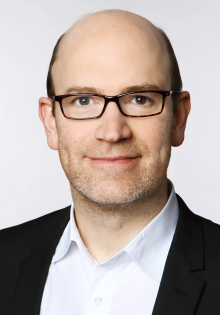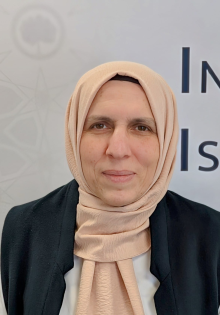German Research Foundation funds interreligious research network at Paderborn University
Interreligious learning is a mandatory part of religious education in schools of all religions and denominations. This means that pupils should specifically learn about the perspectives of other religions. In the research network "Teaching about others in Christianity and Islam - theological-didactic research impulses for the further development of interreligious study components in university teaching", theologians at Paderborn University are now addressing the question of how best to teach other religions in Protestant, Catholic and Islamic religious education. The research network is being funded by the German Research Foundation (DFG) with 49,000 euros until February 2027.
"Our research network aims to structure research into interreligious learning more strongly over the next three years and to develop building blocks for a theory of interreligious higher education," explains Prof. Dr Dr Oliver Reis, Professor of Religious Education with a special focus on inclusion and Dean of the Faculty of Arts and Humanities. Reis initiated the network together with Junior Professor Dr Naciye Kamcili-Yildiz, Junior Professor of Islamic Religious Education and its Didactics at Paderborn University, and Professor Dr Andreas Kubik-Boltres, Professor of Practical Theology and Religious Education at Osnabrück University.
Research network can draw on existing structures
The University of Paderborn is broadly positioned in the field of interreligious research. For example, there is the interdisciplinary "Centre for Comparative Theology and Cultural Studies" (ZEKK), whose research focus is the theological dialogue between Christianity, Islam and Judaism. It is also possible for students to take the two-subject Bachelor's degree course "Comparative Theology of Religions" and the Master's degree course "Theologies in Dialogue". The research network builds on existing structures and aims to expand interreligious dialogue with regard to religious education in schools.
The network also includes recognised theologians and religious educators from the universities of Saarbrücken, Koblenz, Oldenburg, Nuremberg/Erlangen, Innsbruck, the Comenius Institute with its research focus on "Interreligiosity" and the "P?dagogisch Theologisches Institut der Evangelischen Kirche im Rheinland".
This text has been translated automatically.



